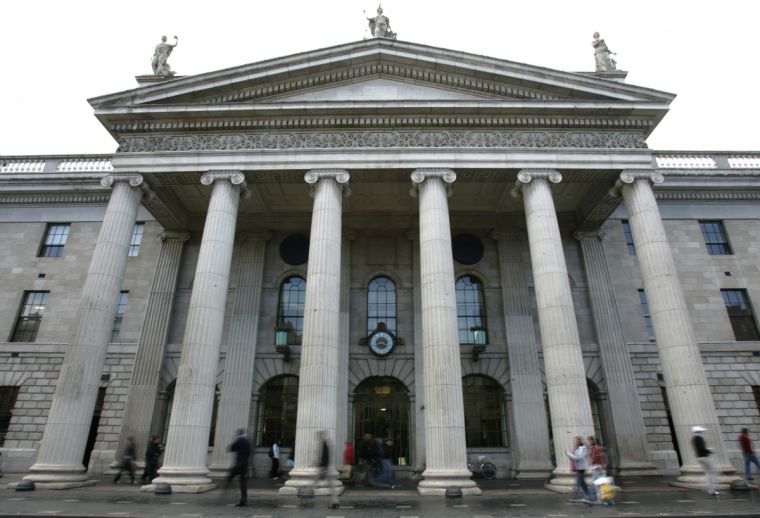Dublin churches forced to close on Easter Sunday for security
Churches in Dublin will be forced to close on Easter Sunday due to a safety cordon, as up to half a million visitors are expected to flood the city to commemorate the centenary of the Easter Rising.

"This decision was made without consultation with the dioceses and there is a considerable sense of disappointment and sadness at this but the Church's priority now is to find a way of offering worship on the most significant day in the Christian calendar," a diocesan spokesman said, according to ACNS.
The Easter Rising, which began on Easter Monday, 24 April 1916, was an armed insurrection by republicans seeking to end the British rule in Ireland, which eventually lead to the establishment of independent Ireland.
Dublin's Anglican Cathedral and six city centre churches will be forced to close, with the Irish police, the Garda Síochána, requesting the front gates of Christ Church Cathedral to remain locked and saying "there will be no ready access to their churches on that morning."
The affected parishes will have their Easter Sunday services hosted in parishes outside the cordon, however the Archbishop of Dublin, Michael Jackson, has said that a clergy member will say The Office in each church on Easter Day "in order to avoid a break in the witness of the church."
Archbishop Jackson said: "People will, understandably, be upset, not to be able to worship in their parish churches on Easter Sunday. We are making this decision with regret but in recognition that people for whom we have a duty of care will find it very difficult to gain access to city centre churches on Easter Day."
Jackson, who would usually worship at Christ Church Cathedral on Easter Day, will celebrate Easter with the Christ Church congregation and the Sandfurd Parish church on Easter morning. He will then "take up the invitation of the Government to attend the ceremony of Commemoration at the General Post [the centre of the Uprising] on what is a very significant day in the history of the State."











